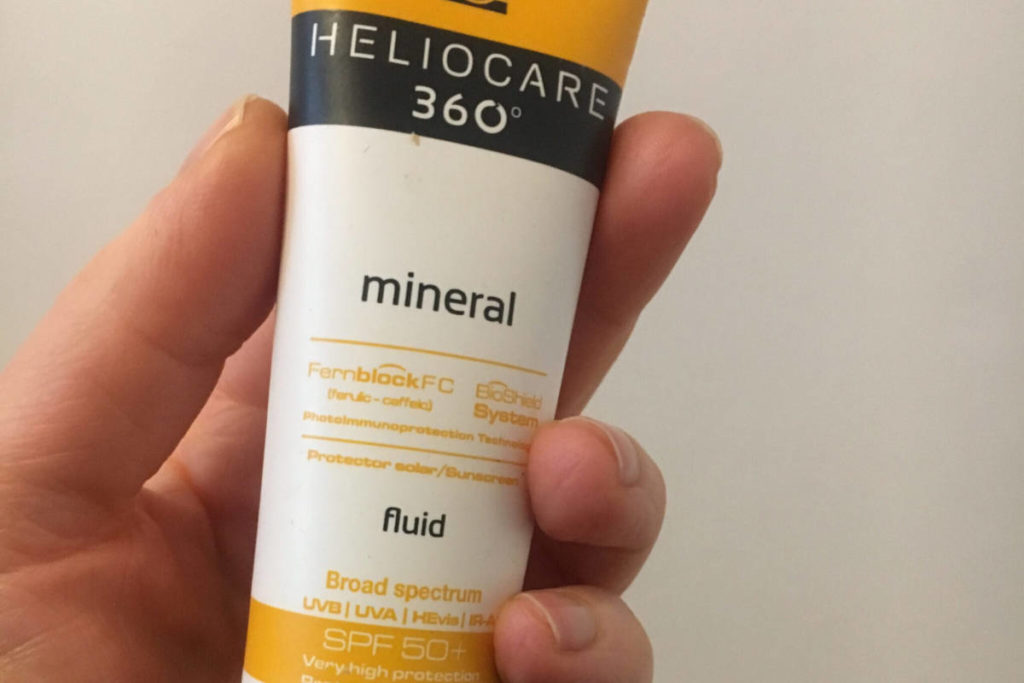As the temperature drops, my clients start complaining about red, sore ‘winter skin’.
Central heating, cold, dry air, and biting winds leech moisture from our skin, making it vulnerable to dehydration and premature ageing.
If your skin has also become tight or dull, it’s time to upgrade your protection from the elements.
Winter skin needs gentle cleansing
When my clients complain of post-cleansing tightness, it’s time to switch to a creamier facial wash or milk. I know it’s hard, but avoid steaming hot showers, which will dry out the skin on your face and body even more.
Your winter skin is probably dehydrated, not dry
If your skin feels tight, it is probably dehydrated rather than dry. (A dry skin lacks oil; dehydrated skin lacks moisture).
Hydrated skin is full of moisture like a juicy grape, but this moisture evaporates over the winter; the middle layer shrivels like a raisin and the top layer flakes off.
All skin types are prone to this winter dehydration, even oily ones.
Read More
- Ten Years Younger in Ten Days: Controversial makeover show gets a makeover
- Teoxane 3D Lip Review
- Cleansing Oil Review: Medik8
- Cleansing Oils: Have you tried one yet?
Protect during the day; repair at night
My clients are so concerned with anti-aging that they underestimate the damage caused by winter dehydration: thirsty skin cell ages prematurely, and skin-plumping collagen goes brittle.
Every year I nag them to switch to more hydrating ingredients during the day. It’s far better to save oil-based anti-aging products until night.
Try layering a hydrating serum under your day cream
Many clients mistakenly reach for a thick oil-based cream during the winter and wonder why their skin looks congested. Much better to layer a hydrating serum containing urea or hyaluronic acid underneath your day cream.
Chemical exfoliation
Their most complaint: dullness. It’s a vicious circle: the skin produces extra skin cells to protect it from the cold, which pile up on the surface and make the skin look dull.
Cell renewal slows down during the winter, so exfoliation is even more critical. Try exfoliating with a chemical rather than a grainy physical one, which can scratch sensitive skin. (Chemical ones are far more gentle and can penetrate further into the pore).
Read More:
- Neostrata Bionic Cream – Review
- Skinceuticles Blemish & Age Defence Serum – Review
- Nine causes of adult acne
- Low fat diets – Bad for your skin and waistline?
Winter skin is more sensitive
Winter can be a nightmare for sensitive skin, especially those with rosacea.
Whenever we go from the cold outdoors to the warm indoors (or vice versa), our blood capillaries dilate and contract; eventually, they lose elasticity, and our skin looks prematurely red.
Swap anti-aging active ingredients for more calming ones – it’s not forever.
Eat water as well as drink it
I am a big fan of Dr Murad, who recommends eating water and drinking it. When I tell clients that their skin is dehydrated, they look guilty and usually say: “Yes, I know I should drink more water.” Drinking water is great, but most of it ends up down the loo, so eat lots of water-rich fruit and vegetables as well.
Also, make sure that your diet contains enough good fats to nourish your skin from within – low fat-dieters often have skin like parchment paper.
Winter doesn’t stand a chance!



